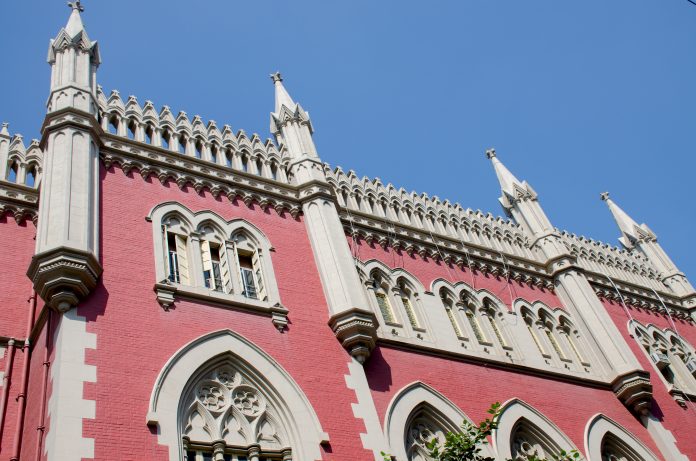The Supreme Court of India refused to pass an order lifting severe restrictions in Jammu and Kashmir, and also further extended the communications blackout in the region
The Supreme Court instead said it would review the situation in two weeks’ time, citing security concerns.
Amnesty International India has expressed deep concern over the continued restrictions, including people’s right to freedom of movement, and freedom of expression and opinion.
Amnesty also remains concerned about the ongoing detention of political leaders and activists. Due to the communications blackout, local news websites were last updated on 5 August – causing concerns that possible human rights violations remain unreported.
Aakar Patel, Head of Amnesty International India, said:
“What Jammu and Kashmir has been witnessing over the last few days – the additional deployment of thousands of security forces, a blanket blockade of telephone and internet services, and restrictions on peaceful assembly – has already pushed the people of Jammu and Kashmir to the edge.
“To make matters worse, key political stakeholders have been placed under house arrest. Important decisions about Jammu and Kashmir are being decided by the Parliament without consultation with the people.”
Amnesty International India is concerned that the continuing communication blackout denies the people of Jammu and Kashmir their key human right to freedom of expression.
On Friday 9 August, international media organisations reported violence in Srinagar’s Soura area against those who protested against the lockdown. They also reported the use of tear gas, rubber bullets and pellets guns, which the government of India has denied. However, given the communications blackout, the number of casualties, if any, remain difficult to ascertain.
While the authorities have the right to maintain public order, use of pellet guns and other weapons are in defiance of international human rights standards.
Amnesty International India urges the Government of India to ease the restrictions on the communication channels and media, and also to release the political leaders. A complete clampdown on civil liberties is only likely to increase tensions, alienate the people and increase the risk of further human rights violations.
Last week, Amnesty warned that revoking the special status of Jammu and Kashmir was likely to inflame tensions in the area.





![Europe’s housing crisis: A fundamental social right under pressure Run-down appartment building in southeast Europe set before a moody evening sky. High dynamic range photo. Please see my related collections... [url=search/lightbox/7431206][img]http://i161.photobucket.com/albums/t218/dave9296/Lightbox_Vetta.jpg[/img][/url]](https://www.openaccessgovernment.org/wp-content/uploads/2025/04/iStock-108309610-218x150.jpg)





